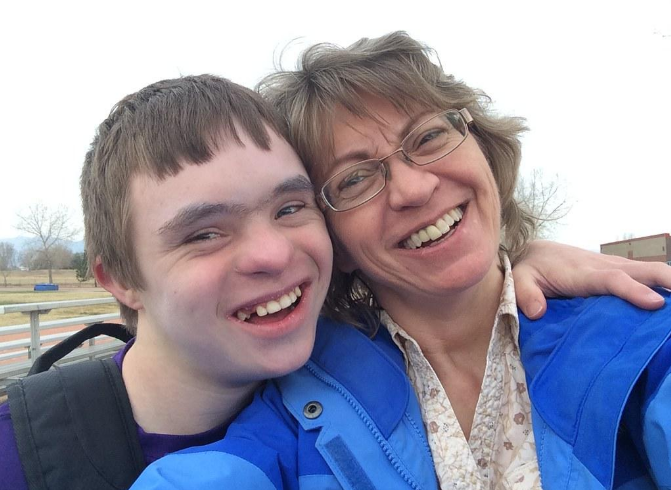At Gateway Counseling Center https://www.gccnyc.org/, we are deeply committed to supporting people with developmental disabilities, ensuring they lead fulfilling and independent lives. We understand that every individual deserves the opportunity to thrive, and we believe that with the right support they can reach their full potential. However, this is only possible by focusing on personalized care and understanding each person’s unique needs.
Common developmental disabilities
A person’s everyday life can be significantly impacted by developmental impairments that persist into adulthood. Daily life skills can be difficult for those with intellectual disabilities. Some of the most common ones are Autism Spectrum Disorder (ASD), Intellectual Disabilities, and Cerebral Palsy.
Persons with developmental disabilities like ASD may have difficulties with controlling their actions. Their repetitive behaviors need well-structured environments and the right support. Cerebral palsy, caused by brain damage before birth, affects movement and muscle tone, necessitating lifelong physical support to enhance mobility and overall well-being.
Two more common developmental problems in adulthood are Attention Deficit Hyperactivity Disorder (ADHD) and Down syndrome. Down syndrome is caused by an extra copy of chromosome 21, which results in a variety of physical and intellectual abnormalities. Fortunately, many adults with Down syndrome can have fulfilling lives provided they get continued support.
ADHD, on the other hand, involves problems with attention, hyperactivity, and impulsiveness, making focusing and controlling impulses difficult. Many adults with ADHD do well with behavioral strategies and medication.
5 ways to assist someone with a developmental disability
There’s no one-size-fits-all approach to helping adults with developmental disabilities because everyone’s needs and situations are different. The following tips educate caregivers and family members on how to help someone with learning difficulties :
● Educate yourself and others
Getting to know a person’s specific developmental disability really matters. It helps you understand what they’re going through and how best to support them. Along with learning through reading, support groups, or workshops, many caregivers also use tools like idd software to keep track of care plans, progress, and day-to-day needs. When you combine that personal understanding with the right tools, it becomes much easier to give thoughtful, consistent support.
By reading current materials, taking part in support groups, and going to workshops, you may also keep informed. Educating the community—which includes coworkers, employers, and educators—ensures that everyone is better equipped to have positive relationships.
By reading current materials, taking part in support groups, and going to workshops, you may also keep informed. Educating the community—which includes coworkers, employers, and educators—ensures that everyone is better equipped to have positive relationships.
● Promote independence
Encourage maximum independence. This might involve teaching life skills, providing opportunities for decision-making, and offering support when needed. Assign tasks according to their skill level.
Let them experience minor victories to boost their self-esteem. To promote independence even further, make use of available resources. Promoting self-advocacy is also crucial. The person can better communicate their wants as a result.
● Be flexible
Change your communication style to suit the needs of each individual. Speak clearly. Use visual aids. Listen actively and do not interrupt people when they are talking. If you are aware of their preferred mode of communication, interactions will also be more meaningful and less frustrating. Make sure you are fluent in any other forms of communication, like sign language.
● Create a routine
Be consistent. Establish a controlled setting. People may feel less anxious in a controlled environment. Be patient when offering assistance. Implementing a daily plan assists people in anticipating and getting ready for changes. Review and modify procedures frequently to better suit the person’s changing needs.
● Encourage social interaction
Create opportunities for social interaction. Encourage participation in group activities, social clubs, or volunteer work. Inclusion in social settings helps build social skills, fosters friendships, and promotes a sense of belonging.
It is important to recognize the individual’s interests and talents by finding activities they enjoy. Support them in building relationships by arranging social opportunities and providing guidance on social etiquette.
Conclusion
Empathy is necessary when helping adults with developmental difficulties. Adjusting your approach to meet each individual’s needs helps you have a beneficial impact in their lives. Don’t hesitate to ask for assistance for specific services, advice, or information. Knowing more about developmental disabilities can enable you to support people more effectively and create a safe atmosphere.


